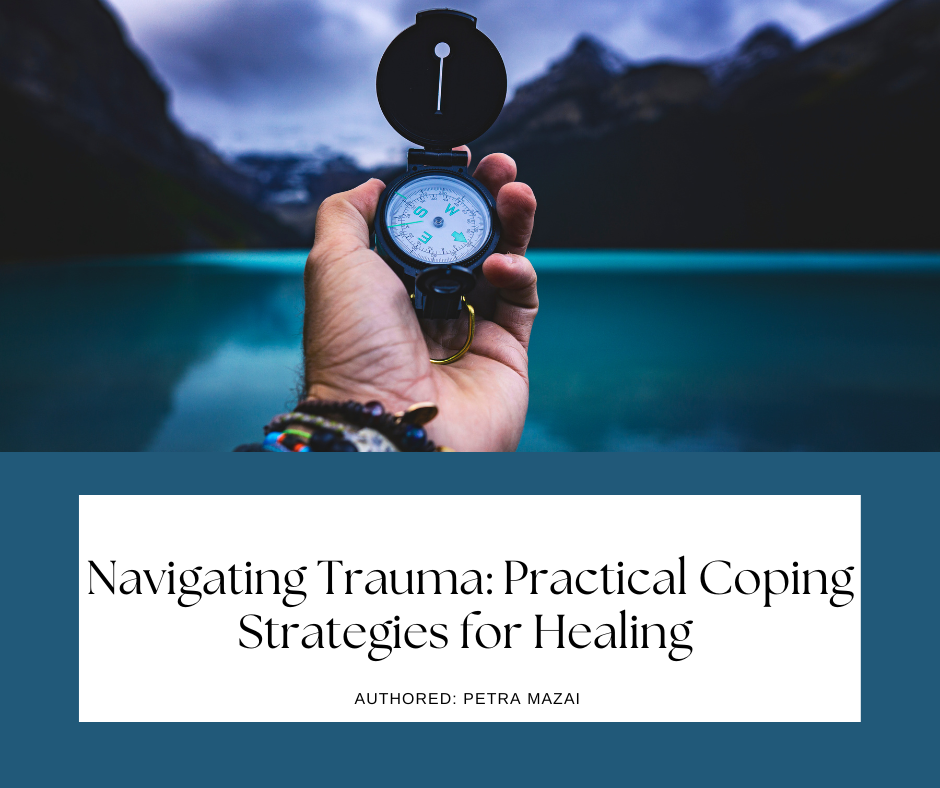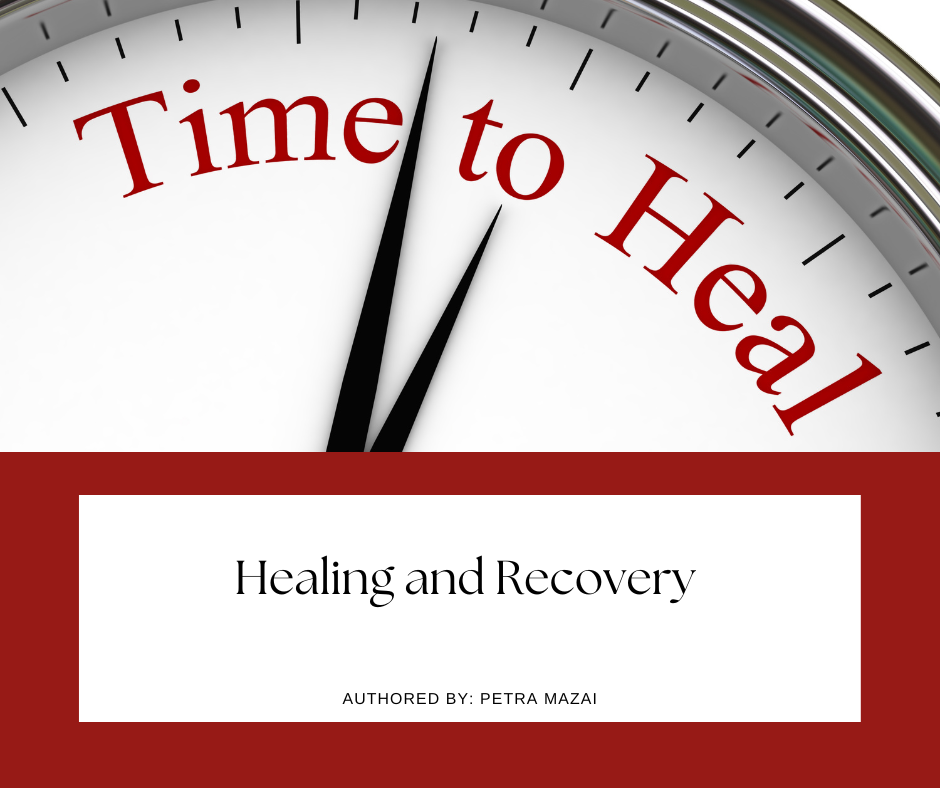Unveiling the Layers of Trauma
Authored By: Petra Mazai 2023
Unveiling the layers of trauma involves understanding the complex and multifaceted nature of traumatic experiences and their impact on individuals. Trauma can result from a wide range of events, including but not limited to physical or sexual abuse, accidents, natural disasters, war, loss of a loved one, or chronic stress. It is important to recognise that individuals may respond differently to trauma, and the effects can manifest in various ways. Here are some layers to consider when exploring the impact of trauma:
Immediate Impact
Emotional Responses: Shock, disbelief, fear, anger, guilt, and shame are common emotional reactions to trauma.
Physical Responses: The body may experience symptoms such as increased heart rate, sweating, nausea, and muscle tension during and immediately after a traumatic event.
Short-TERM EFFECTS
Acute Stress Disorder (ASD) or Post-Traumatic Stress Disorder (PTSD): Some individuals may develop these disorders, experiencing intrusive memories, nightmares, flashbacks, and avoidance of reminders of the trauma.
cOGNITIVE imPACT
Distorted Thinking: Trauma can influence the way individuals perceive themselves, others, and the world. Negative thought patterns may develop, affecting self-esteem and relationships.
Behavioural Responses
Avoidance: Individuals may avoid situations, places, or people that trigger memories of the trauma. This can lead to social isolation.
Hyperarousal: Increased irritability, difficulty concentrating, and exaggerated startle responses are common behavioral responses to trauma.
iMPACT ON RELATIONSHIPS
Trust Issues: Trauma can erode trust in oneself and others, making it challenging to form and maintain healthy relationships.
Communication Challenges: Difficulty expressing emotions or communicating needs may arise.
pSYCHOLOGICAL impact
Depression and Anxiety: Trauma can contribute to the development of mood disorders, anxiety disorders, and other mental health conditions.
Dissociation: Some individuals may experience dissociation, a coping mechanism involving a disconnection from thoughts, feelings, or identity.
Related Posts

Practical Coping Strategies for Healing
Navigating trauma can be a challenging and complex process, and it’s essential to approach it with patience…

Healing and Recovery
Healing and recovery from trauma or challenging life experiences involve a holistic and ongoing process…

Self Care
Self-care is of paramount importance during the healing and recovery process for several reasons…